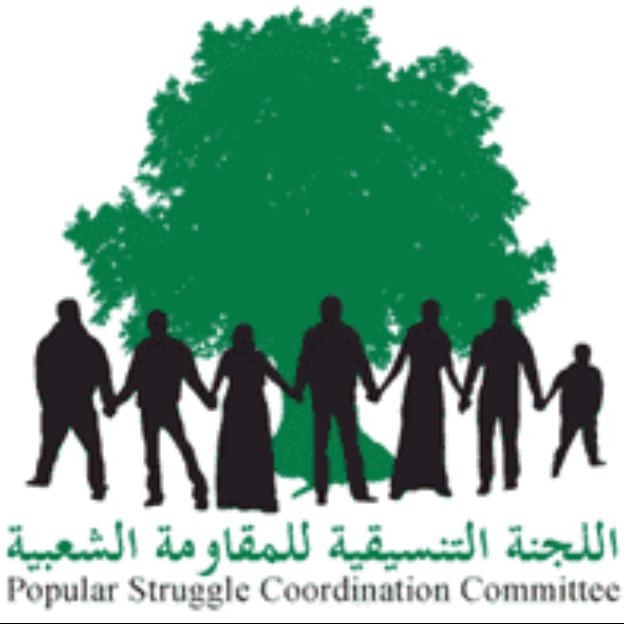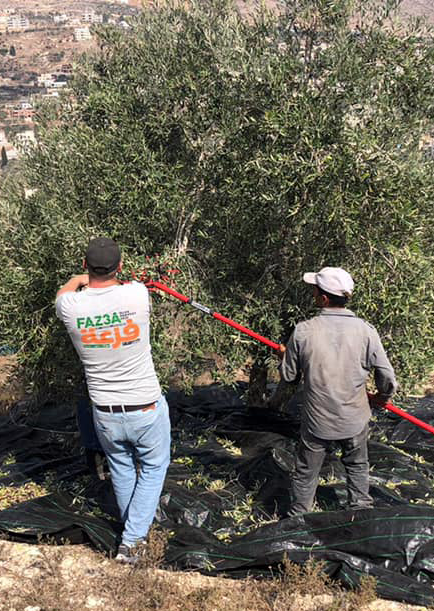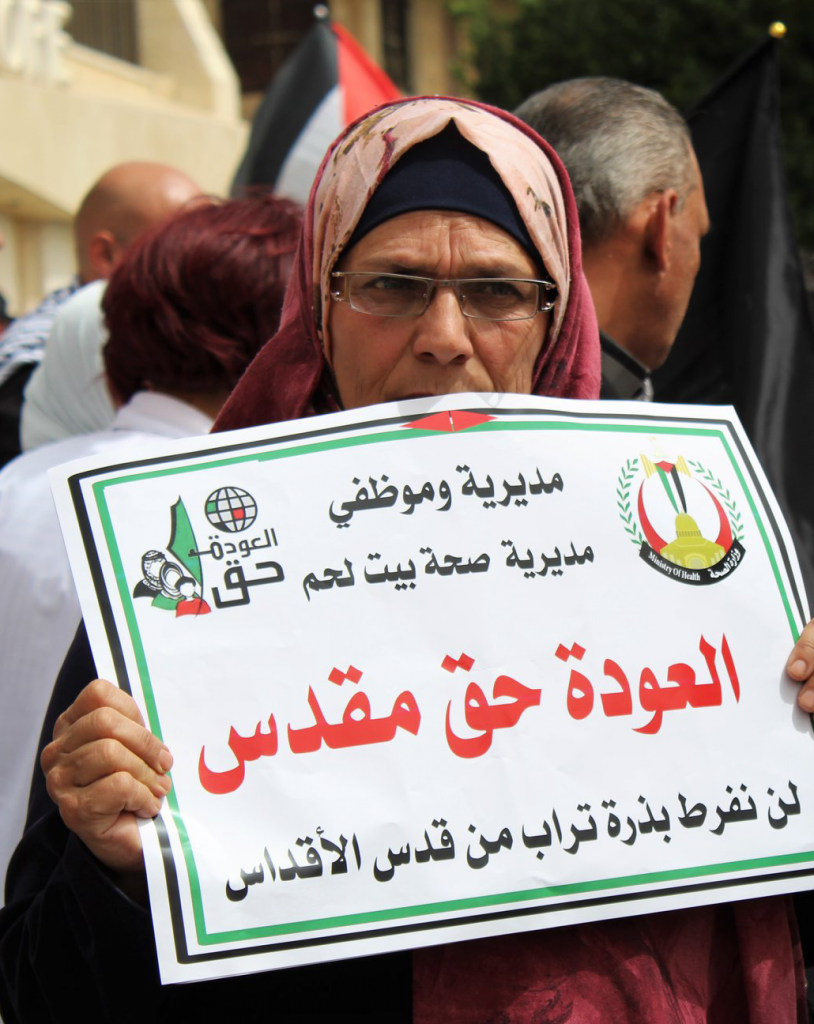A Brief introduction
History of the PSCC
The Popular Struggle Coordination Committee was formed by prominent activists in the popular committees from all over Palestine and across the political spectrum. Popular committees present a unique form of community-based organizing and resistance in the tradition of the first Palestinian Intifada. These diverse, non-partisan committees lead community resistance to Israeli settler colonialism in various forms, such as marches, strikes, demonstrations, direct actions, legal campaigns, and supporting boycott, divestment, and sanctions.


